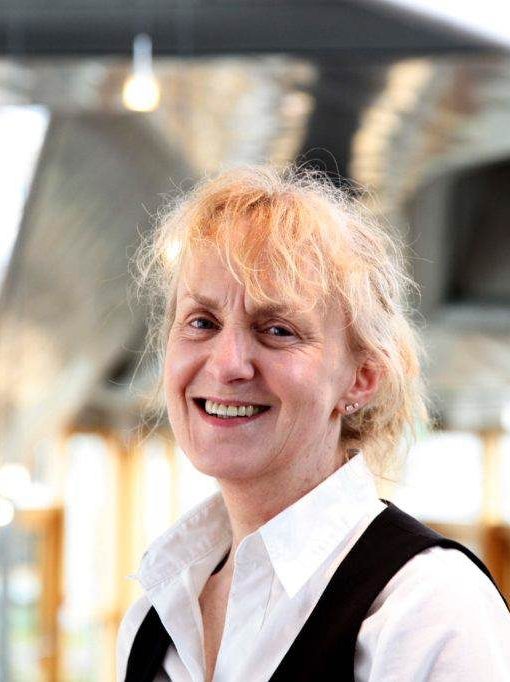This website uses cookies so that we can provide you with the best user experience possible. Cookie information is stored in your browser and performs functions such as recognising you when you return to our website and helping our team to understand which sections of the website you find most interesting and useful.

Winding Up an Estate After a Death in Scotland: Assets, Valuations, and Obtaining Confirmation
February 23, 2023 by QLAdmin
If you are an executor of a Will in Scotland and need advice on efficiently administering the deceased’s estate and obtaining confirmation, Quill Legal executry solicitors in Edinburgh can assist you. This article provides practical points to consider.
Inventory of assets
An inventory of assets is required for every application for confirmation submitted to the Sheriff Court. This list should include all funds and items owned by the deceased at the time of death, each with an accurate value. Before the executor submits the application to the court, they must ensure that the inventory is complete and free of errors.
Valuation of assets
When the estate is over the inheritance tax limit, accurate valuations of all assets ensure that the correct amount of tax is paid. Precise valuations also help when a child or spouse is making a legal rights claim against the estate. They enable the calculation of the beneficiaries’ inheritance and provide evidence to support the figures supplied in the inheritance tax return required by HM Revenue and Customs.
How to obtain valuations
For the deceased’s house and other properties, a surveyor’s valuation of the market value at the date of death should be sought, particularly if there is likely to be a tax liability. Personal possessions and house contents that include works of art, paintings, and jewellery may require a professional valuation. Auction houses can provide valuations and sell any items to be disposed of.
Banks and other fundholders will provide the date of death values of bank accounts and investments. Instructing a professional to obtain the share value at the date of death may be necessary for large shareholdings.
Quill Legal executry solicitors in Edinburgh can help you obtain appropriate valuations.
What is confirmation of estate in Scotland?
Confirmation is the equivalent of a Grant of Probate in England. A grant of confirmation in Scotland provides executors with the authority to gather assets from fundholders and distribute them in accordance with the Will or with the rules of intestate succession in Scotland. If an estate has very little in the way of funds, confirmation may not be required.
When is a grant of confirmation required?
Confirmation is required in a number of circumstances, including:
- when the deceased owned a property at the time of death, and the title does not provide for succession, to complete the transfer or sale of the deceased’s house
- to enable the ingathering of funds from certain bank accounts, investments, and share sales when the sums held are over the limit laid down by the fundholders or investment bodies
How long does it take to obtain confirmation?
Every estate is different. To allow creditors to come forward with any claims against the estate, a period of six months from the date of death should be factored in. In general terms:
- in a straightforward estate, it should be possible to obtain confirmation in around six months
- in a taxable estate with many assets, it can take between six and eight months
- in an estate where HM Revenue and Customs is involved, it can take several months for their assessment of the inheritance tax return. Until that is complete, confirmation cannot be applied for.
If you are not sure how to proceed and are looking for advice with executry administration please get in touch with Quill Legal Executry Lawyers Edinburgh : kay@quilllegal.co.uk or telephone : 0131 564 1044

Kay Blaikie
Principal of the Firm
Get in touch with me when you need reliable legal advice on any aspect of Executries, Wills, Powers of Attorney and Notarial services.
Email: kay@quilllegal.co.uk
Telephone: 0131 564 1044
